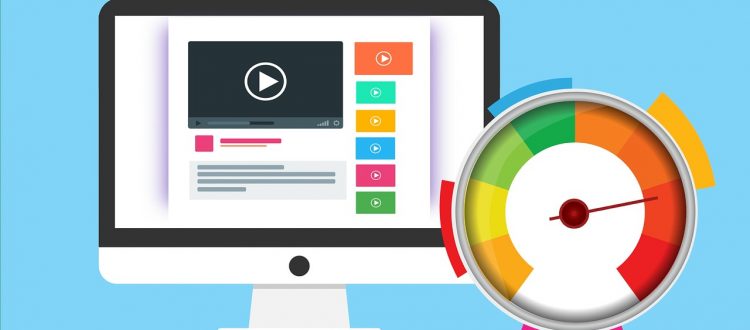How To Reduce The Server Response Time Of Your WordPress Site
Keeping your server response time fast is crucial to making your site load quickly. No matter how much you compress your images and scripts, the longer your server takes to respond, the longer it will take for your site to load.
Using Fewer Plugins
While the ability to utilize plugins is one of the main selling points of WordPress, having too many plugins will have negative effects on your server response speed. Therefore, it’s always a good idea to reduce the number of plugins you are using on your site. For example, there are plugins available that add a Favicon to your website, but there is no need to use a plugin for that as it is simple enough to add the code to your theme.
There are some plugins that you will definitely want to keep. A reliable SEO plugin for example has a lot of utility and is definitely worth keeping. It is also advisable to keep a security plugin enabled as well as a spam filter if you have comments enabled on your site.
It is also a good idea to keep all the plugins you are using updated to the latest version. Often as new versions are released they will include both updated features and optimization improvements. A newer version of the same plugin will often take up fewer server resources than an older version of the same plugin. In addition to this, having old outdated plugins active on your site is a potential security risk.
Caching
In WordPress, whenever a user visits one of your pages, your server has to query your database back and forth to fetch resources such as images and your theme files. This requires repeated calls to the server.
While this is not an issue for a single user, having hundreds or thousands of users making requests for the same page can use a lot of unnecessary server resources.
Caching will allow you to save a rendered version of your WordPress site to serve to all visitors, cutting out a lot of calls to your server and freeing up server resources. There are a number of different ways to set up caching on your WordPress site but the most commonly used one is to use a plugin.
Load Scripts Last
Scripts on your website are another thing that can take some time to load. The issue however is not the actual scripts, but the script placement.
If you are calling a script right at the top of your page, then it has execute ahead of anything else further down the page can begin to load. It is very rare that this is necessary and it is best to always include your scripts at the bottom of your page.
Clear Out Unneeded Files
The longer your website has been active, the more unnecessary space is likely being taken up. Older sites will often a lot of outdated backups, plugins and scripts that are no longer in use, or even unneeded themes.
It is good to regularly go through your site and clear out anything that is unneeded. You could use a database cleaner to dispose of bad records, but it is important to be extra careful when removing records from your database; you could potentially mess up query results or even unintentionally remove an entire database that you need. Other things such as unused plugins or old themes, you can remove without any worry.
Upgrade Your Servers
In the end, sometimes the problem is your server. If your site is hosted on the same server with thousands of other websites it is always going to load slower. The average shared hosting provider hosts anything from five hundred to two thousand websites on the same server. Moving to a higher quality shared host, or to a dedicated server will provide you with more resources for your site and you’ll get much quicker load times. While this can be very expensive, it is often worth investing in.

